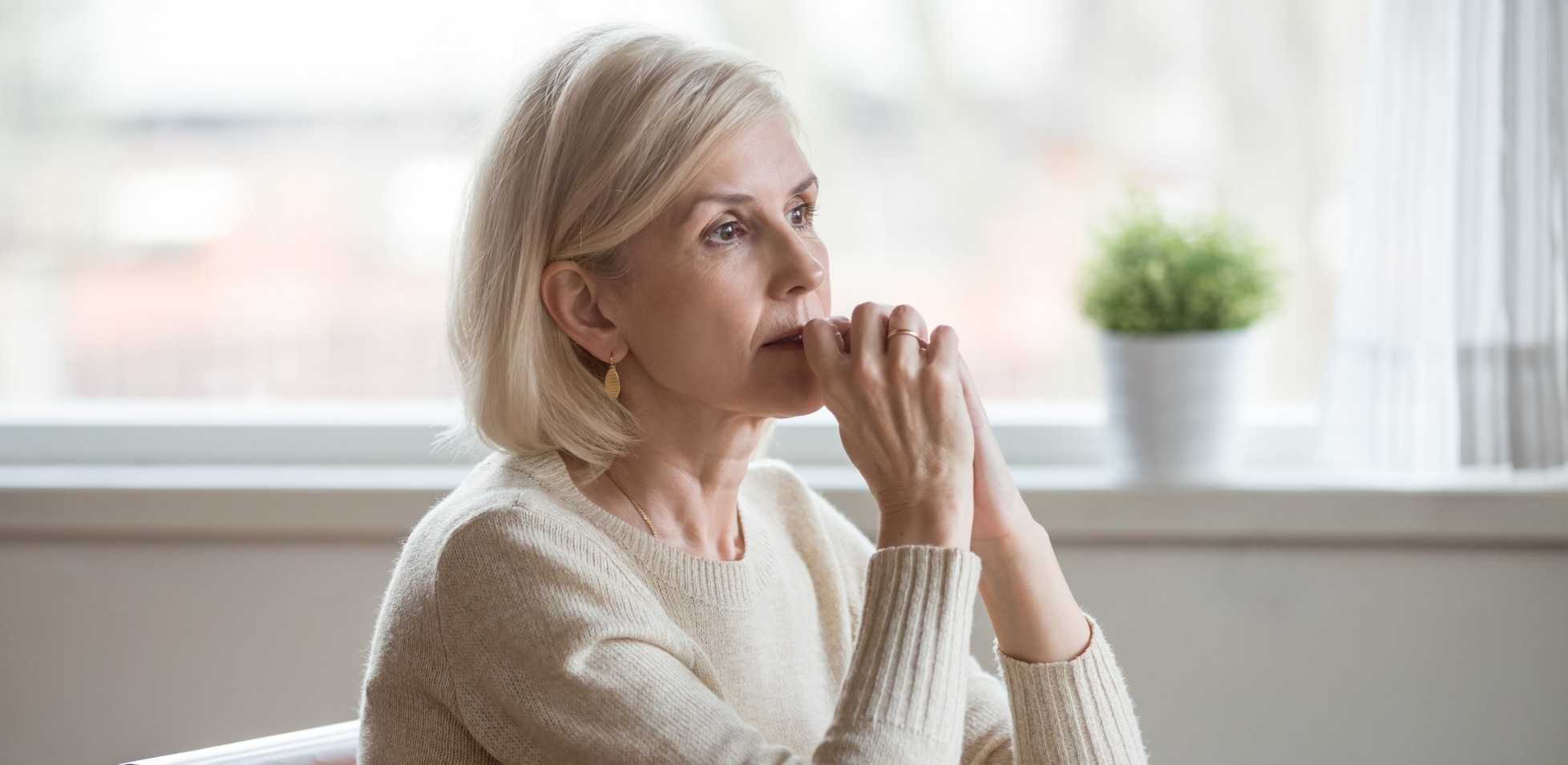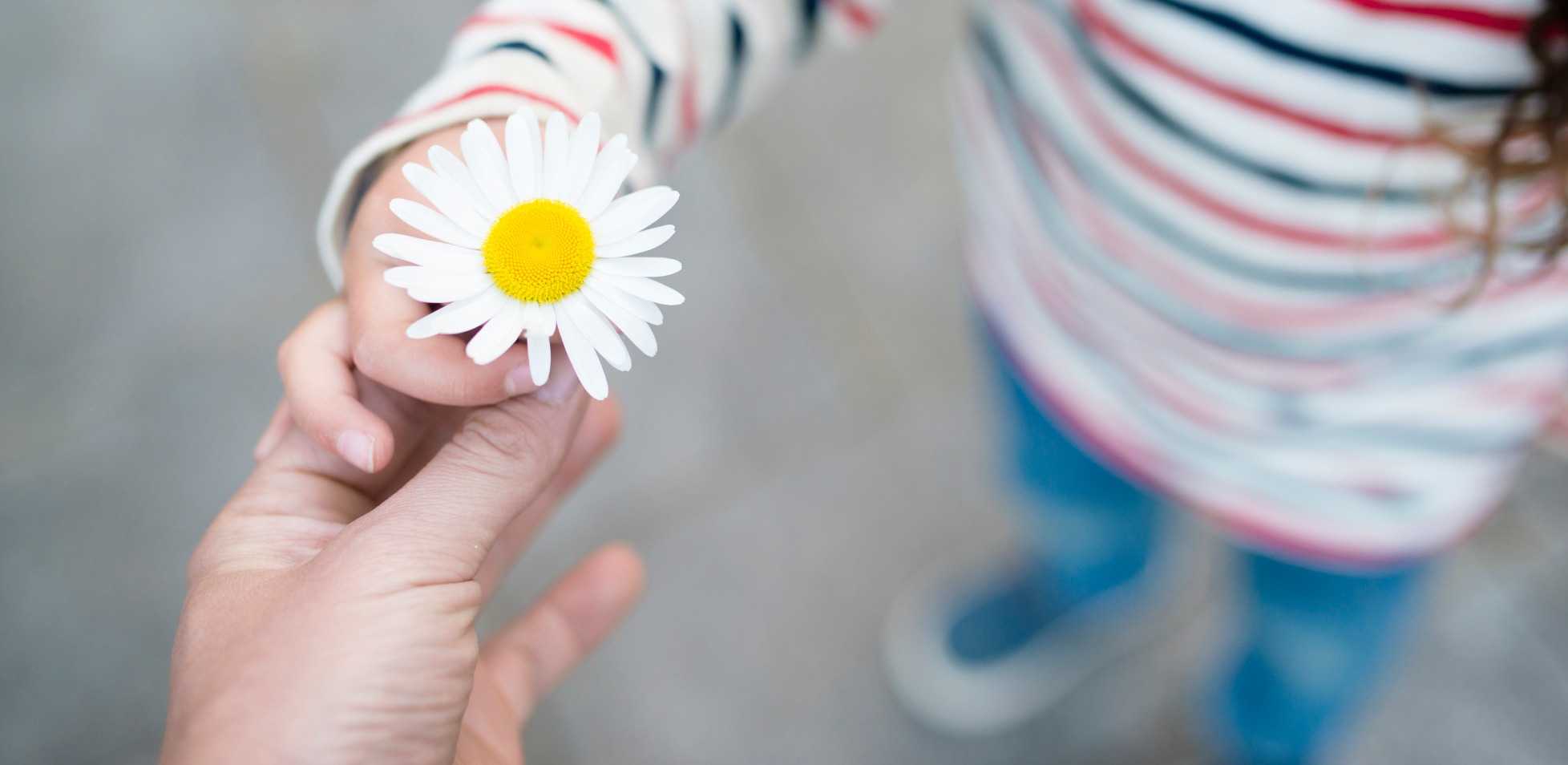How to Manage Anxiety During Difficult Times
Especially in times of crisis, we need to be aware of the state of our mind, take care of our mental health, and if needed, reach out for help. The following information and tips can help you stay positive and get back to a better, calmer, and more satisfied place mentally.
Identifying the Symptoms

For those not familiar with the term, anxiety is a reaction of your body in response to stressful situations. However, this feels different for everyone: while some just feel uneasy, for others, there are more serious consequences that might threaten their health and wellbeing.
Common symptoms can include increased heart rate and rapid breathing, which potentially lead to restlessness, trouble concentrating, and insomnia. Other ways to tell that you’re experiencing anxiety are general sweatiness and shakiness (especially with hands), tense muscles, nausea, and dizziness. Mental and emotional symptoms can include restlessness, irritability, feeling tired all the time, and excessive worrying in general. However, anxiety can manifest in many ways and not all of these symptoms might be familiar to you.
Due to these symptoms being less evident to people around you, unfortunately, they might not recognize anxiety as a serious matter. If you are experiencing any of these symptoms, we recommend talking to someone you trust and getting in touch with a specialist, so you can get the emotional and professional support that you need. You can find out more about anxiety from the National Institute of Mental Health, and we have also gathered some useful links at the bottom of this article.
Managing Uncertainty
As the situation is unprecedented and has developed so quickly, it is uncertain when everything will go back to normal. There are so many people infected already that it is normal to be concerned about yourself and your loved ones. That is why it is important to follow the government guidelines and check in regularly with your family and friends.
New technologies also make spreading information a lot easier. However, during such critical times, too much social media consumption, as well as news browsing, might lead to unnecessary overthinking and worrying. This is why you should try to limit your media consumption to trustworthy sources and shorter timeframes, and focus on other activities to take your mind off stressful topics.
Most importantly, try not to put too much pressure on yourself. You do not have to be perfect or succeed at reducing stress and anxiety. Just take one day at a time and try to focus on the positive outcomes and on keeping calm until the situation improves.
Adapting to Social Distancing

Coronavirus has taken inhabitants of most countries of the world by surprise, forcing billions worldwide to self-isolate in order to avoid the spread of this unpredictable disease and protect the most vulnerable in our community. For everyone in isolation, and especially expats and people who have to stay away from their loved ones for several reasons, feelings of anxiety and loneliness can become real issues. For this reason, it is important to be prepared by establishing healthy habits at home.
The first step to take is to structure your day mindfully, giving the same priority to essential tasks — work (in case you work remotely), food shopping, and cleaning — as to those more related to your wellbeing. It is a good idea to include physical activities, such as taking a walk by yourself and working out at home, as well as practicing relaxation techniques such as meditation. These will help you reduce the feeling of restlessness you might experience when dealing with anxiety.
You might also want to make a plan to check in with your family and friends, especially if they live in a different country or region. This is an easy task nowadays with new technologies and apps such as WhatsApp, Facetime, or Skype. Always be mindful that wherever your loved ones are, and however difficult the situation might be without them, it will be temporary.
If you keep experiencing anxiety even after these changes in your daily habits, you could also try out different calming techniques such as deep breathing, listening to calming music, or reading a book. Laughing can also relieve physical tension and stress by relaxing your muscles and improving your mood. In the current situation, finding ways to laugh might be hard but it is more important than ever — through films or television shows or even by calling your loved ones for a nice chat!
You can find some helpful links below:
- World Health Organization — Mental Health
- Centers for Disease Control and Prevention — Manage Anxiety & Stress
- Lonely Conservationists — Mental Health Resources
- The Guardian: Is there a right way to worry about coronavirus? And other mental health tips
- AARP: Seven Ways to Cope With Anxiety During the Coronavirus Outbreak
- World Health Organization — Coronavirus disease (COVID-19) outbreak
Advertisement
About Natalia Ceballos Romero
Natalia Ceballos is a Media Production student at Bournemouth University, currently working as a Public Relations Intern at InterNations. She will always find time for drawing in her sketchbook or playing the guitar. Travelling and meeting new places and people is something she also enjoys doing.
Article topics
Related articles
How to Take Care of Your Physical and Mental Health while Being Stuck at Home
Feeling trapped at home all day can be challenging, and it can lead to feelings of anxiety, loneliness, and cabin fever. But these feelings don’t have to be permanent! There are countless ways to improve your physical and mental wellbeing while self-isolating and working from home.
Let’s Talk Mental Health — Preparing Yourself for Expat Life
Putting yourself first and taking care of your mental health and well-being should be your priority when moving abroad. Don’t let your negative thoughts take over, they shouldn’t prevent you from living out your next exciting adventure! Here’s how to mentally prepare for your new expat life.
Being Grateful and Finding Positivity as an Expat
Even when times seem dark and desperate, there are always things that can bring you happiness. With Thanksgiving just around the corner, now is the time to reflect on all the things you can be thankful for this year.
Five Ways to Overcome the Winter Blues
Are you having trouble these days to get out of bed and out into the cold? Don’t worry, you’re not alone. Winter blues is real: it’s called Seasonal Affective Disorder (SAD). But instead of dreading these dark winter months, you should make the most of them. Here are five tips to learn to embrace the season.
Let’s Talk Mental Health — Get Inspired
It’s okay not to be okay, but never give up on yourself! Inspirational quotes and motivational sayings have an amazing ability to change our mindset and how we think and feel about life. It may be easier said than done, but when you change the way you think, it can give you a fresh new outlook.




